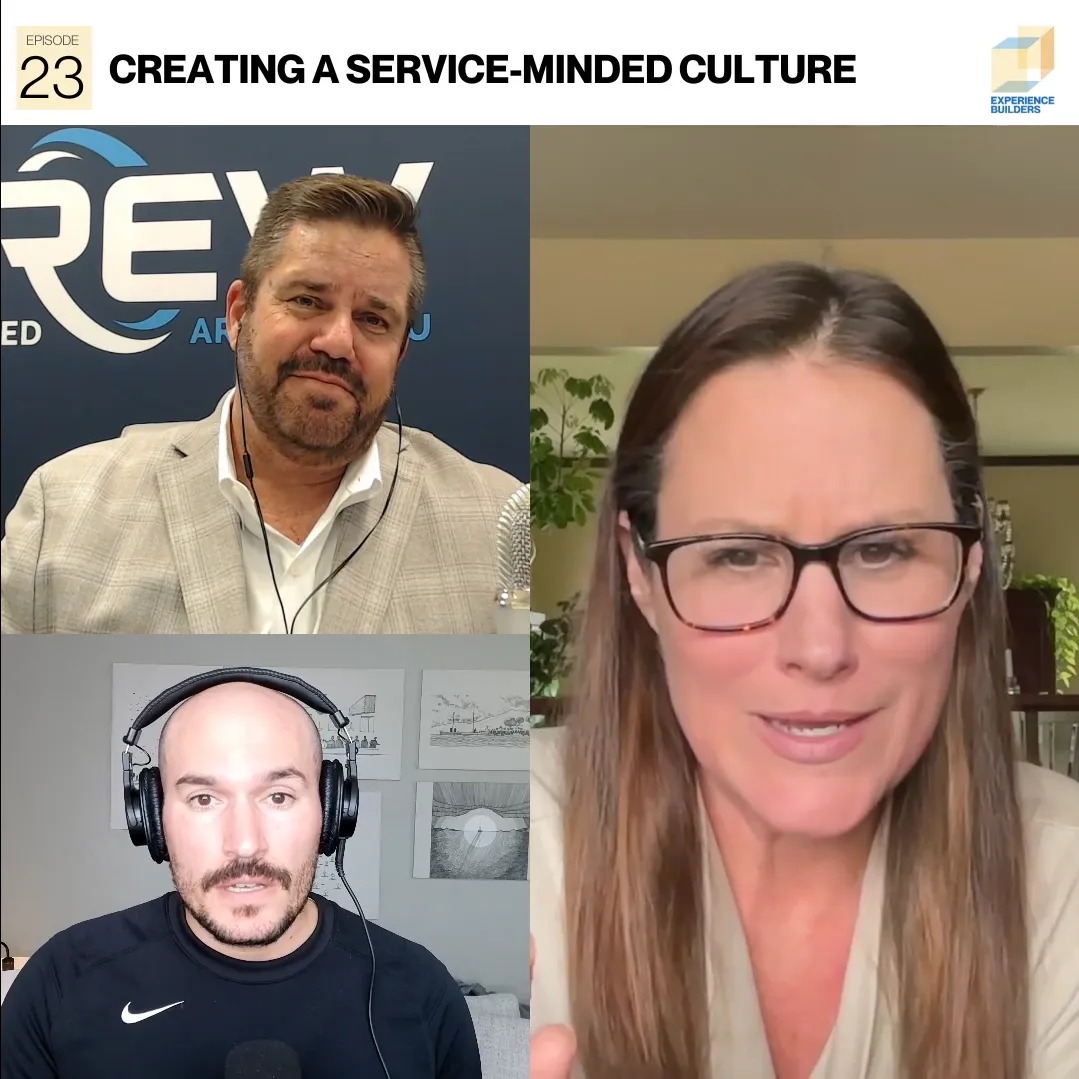
The turbulent economy we are witnessing has forced many people to go back into the job market for the first time in years. If there is a thick layer of dust on your resume, it might be beneficial to learn the new rules of resume writing and presentation before you start submitting applications. Even the most qualified applicant might not get called in for an interview if his resume creates the impression that he is out of touch with the current business environment. Do not assume that an impressive cover letter can serve as a substitute for a poorly written resume.
1. References upon request
There is no need to waste valuable resume space on this outdated section. Employers assume that you will provide references if asked. Instead, keep a separate page with the names and contact information of your references ready to supply to the employer once you have advanced in the interview process.
2. One resume fits all
While it is smart to keep a master resume on file, you need to customize it to fit each job for which you apply. Job seekers who take the time to tailor their resume to the employer’s needs will stand out from the pack. Eliminate the details that don’t apply to the position and emphasize the ones that make you look the most qualified. It might take a little extra time to apply using this technique, but it will be worth it when your interview offers increase.
3. Objective statement
The professional summary or profile has replaced the objective statement. Employers are focused on what candidates can do for them, not what the business can do for the candidate. You will sell yourself better with a concise bulleted list of the qualifications and accomplishments that make you a match for the position.
4. Single-page resume
One of the most touted resume rules is that the document must be one page. Many people will go to extremes to follow this command, resulting in tiny, unreadable font sizes just to avoid having a resume that extends onto the second page.
Unless you are a newcomer to the job market, it is entirely possible that you’ll need more than a page to adequately showcase your skills and qualifications. If you have enough job experience that fits the position, it is acceptable to extend your resume length to two pages. Keep your resume succinct and relevant, but don’t go under a 10-pt. font size.
5. Lack of social networking
Websites such as Facebook and Twitter might be considered distractions in the workplace, but they can be an asset on a resume. Employers want to know that applicants are up-to-date with current technology and communication trends. Links to a professional online portfolio, blog or LinkedIn page should be included in your resume header. There is a good chance that employers will do an internet search to find out more about potential employees, so make sure that all of your social networking profiles project a professional image.
6. Too much information
It is not necessary to give your life story on a resume. In fact, providing an employer with too much information can be detrimental to your chances of employment. Delete information about where and when you graduated high school. Ditch irrelevant jobs from 15 years ago.
Although it was standard practice in some industries years ago, it is now inappropriate to include personal details in a resume such as information about your hobbies, religion, age and family status. Not only does it look unprofessional, but that information could be used to discriminate against you.
An employer will ask if they want to know why you left previous positions, so don’t mention it on your resume. The rule of thumb is to pare down your resume to only include things that show why you are the perfect fit for the specific position for which you are applying.
7. Outdated terminology and skills
Skills in obsolete computer software and systems should be removed from your resume. Technical experience is critical in nearly every industry and employers often use technology keywords to find resumes in electronic databases. Listing basic computer skills such as word processing and using an internet browser is not recommended because employers will assume that you have those proficiencies. The job description is the best guide to determine the terminology and technology skills that should show up on your resume.
The bottom line
In a fast-paced and competitive job market, the parameters for writing a resume continue to change. Resumes that do not reflect knowledge of the current needs in the workplace and the new rules of how to present yourself to an employer will likely end up in the trash.
SEE YOU HERE NEXT MONTH FOR OUR ARTICLE: Persistence—Finding this key ingredient in sales candidates
Philip Kemper is Founder/President of Kemper Associates, a 34-year-old Chicago-based national executive search firm, specializing in Permanent and Contract staffing for Trade Shows and Exhibits, Staging and Equipment Rental, Business Meetings and Events Production, Video, Training and Incentives and more .His more complete bio is on LinkedIn at: http://www.linkedin.com/pub/philip-kemper/2/795/308/ . You may view Kemper Associates’ web site at: www.Kemperassociates.net , and contact Phil with questions or comments, and employment needs at: Kemperassoc@hotmail.com, or his private phone line: (312) 944-6551.
| Home |
| People on the Move |
| National News |
| International News |
| Opinions |
| Tradeshow Calendar |




























